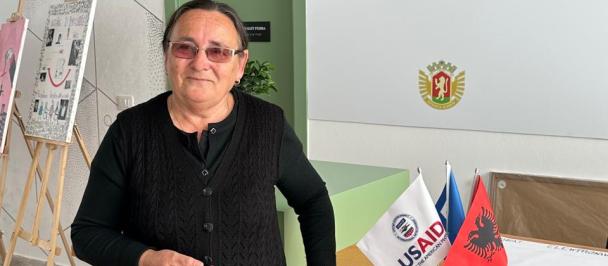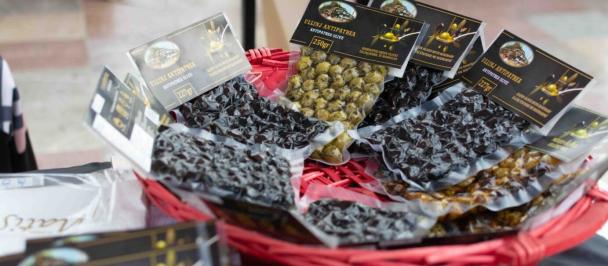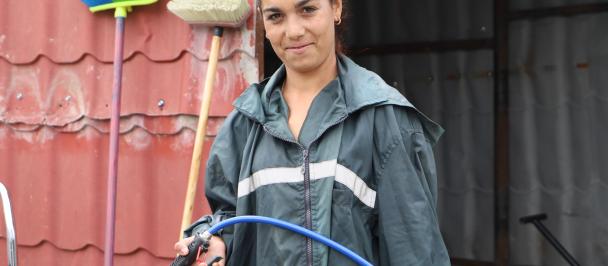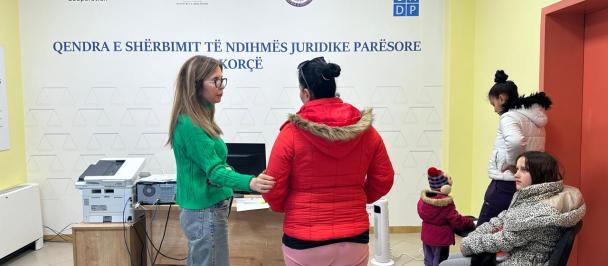UNDP Albania
Planting trees, planting hope: small projects with a big heart
June 13, 2022
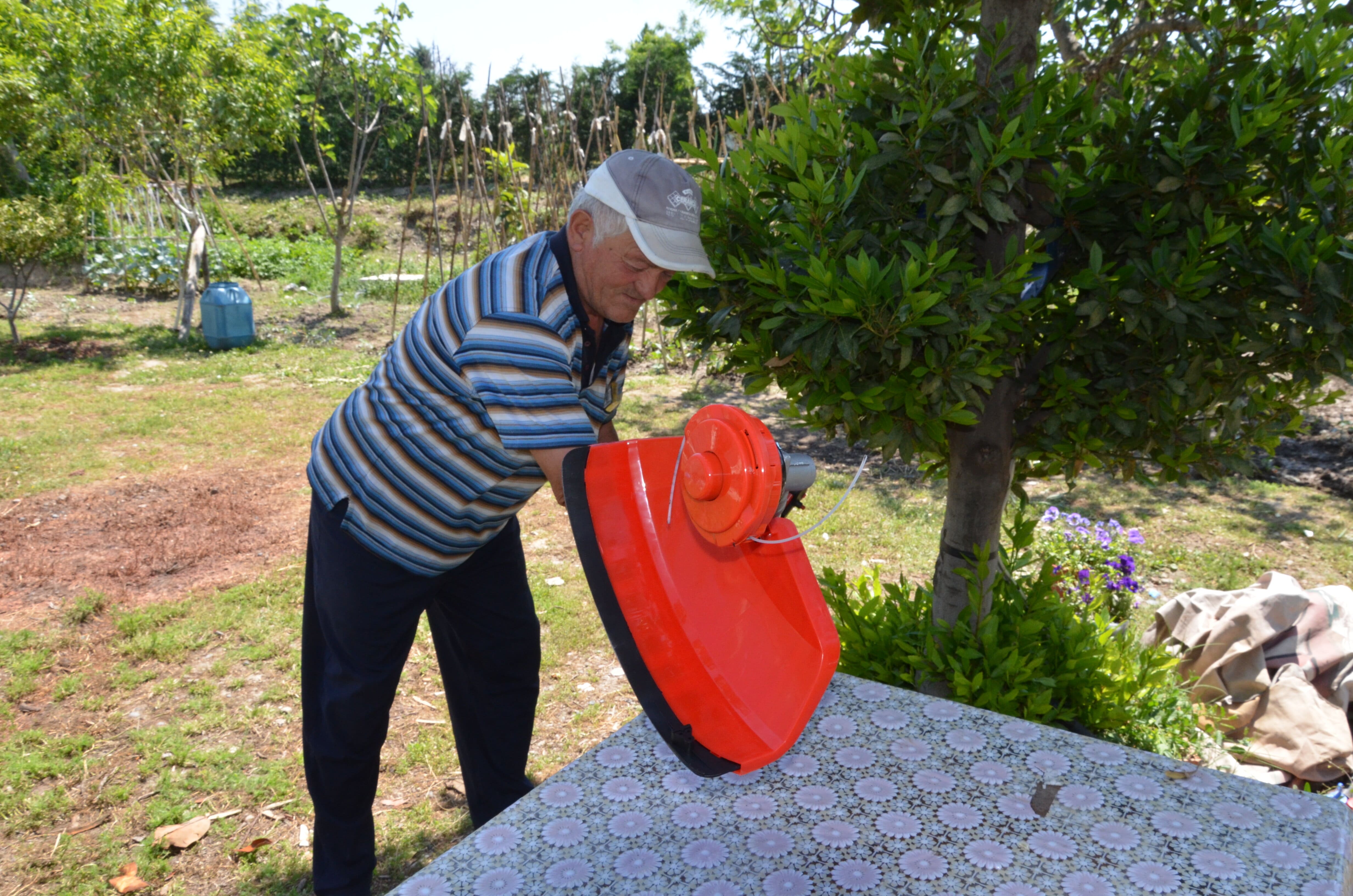
Asllan, 68 years old has has moved to live with his son after his home became uninhabitable when the earthquake struck their little village in Thumana.
Asllan, 68 years old has moved to live with his son after his home became uninhabitable when the earthquake struck their little village in Thumana.
The family of seven members now lives in a small house next to the one that was heavily destroyed by the earthquake. The family makes a living through agriculture and animal husbandry work.
“The land is the only income source we have. I own 12 dunams, but we cannot afford the cultivation cost. I was obliged to lease part of the land. We grow fruit trees in the remaining part”-says Asllan.
While evaluating the potential for income generation through agriculture work, Asllan’s family was selected to be one of the beneficiaries of “Improving the family capabilities to respond to emergencies” project.
20 orange saplings, 20 tangerine saplings, 20 pears, and 5 olives- were made available by the project to Asllan’s family. He happily planted them and expects to receive products in a few years.
“The trees are food, life, inheritance. I hope my nephews and nieces will have fruit in abundance, to consume and sell”- Asllan says smiling, grateful for the opportunity that was given to him.
While evaluating the potential for income generation through agriculture work, Asllan’s family was selected to be one of the beneficiaries of “Improving the family capabilities to respond to emergencies” project.
Asllan has also been supported with an electric grass mower. This machine, as he admits, has enabled him to find part-time work in the village. Many villagers hire him to take care of their house-yards, for a small fee.
Asllan’s family is one among 115 others in Fushë-Krujë, Thumana, and Bubq that have benefitted from agricultural and animal husbandry inputs, psychological counseling, and training on how to better respond to future emergencies .
11 more families in Thumana have been supported with 644 fruit seedlings in total.
Eva one of the beneficiaries says:
“These trees are a great help. There is nothing better than the fruit we grow ourselves in our garden. Through them, I hope that in a few years I will be able to sell thus generate additional income for the family,”.
Evaluating the agricultural potential of families, 200 orange saplings, 200 tangerine saplings, 140 pear saplings, 80 olive saplings, and 24 lemon saplings were donated to 11 other families, which they planted on their own land. To create the basis of a sustainable economy, these families have also been supported with other agricultural inputs such as sprinkling pumps, milking machines, grass mowers, and electric mills.
50 other families have been supported with agricultural and animal husbandry inputs such as fruit saplings, goats, irrigation pumps, etc., while 65 other families have been supported with food and hygiene packages.
65 small farmers and individuals have been trained on how to draft a Business Plan, how to manage their farms, and how to find a market for their products.
To implement those interventions, UNDP works with civil society organizations such as World Vision.
The 2019 earthquake that hit Albania left behind destruction in the public and private sectors. Affected communities were left reeling from the loss of lives and livelihoods. The vulnerable communities were disproportionally affected by the loss of economic assets such as livestock, workshops, and equipment-making them fall into “poverty traps”, from which they would be unable to emerge.
In the face of this situation, UNDP embarked on a new intervention: “The Earthquake Social Protection Response” Project funded by the Governments of the United Kingdom, Finland, and Norway through the SDG Acceleration Fund. One of the project pillars is to assist the households affected by the earthquake through a combined approach of multiple services to meet their various needs.

 Locations
Locations